Astro Pi 2024/25: Another stellar year of space education concludes
We’re thrilled to celebrate yet another incredible year of young people reaching for the stars, as the European Astro Pi Challenge 2024/25 draws to a close. Teams from across Europe and ESA Member States are now receiving their well-deserved certificates and data from the International Space Station (ISS). It’s been a truly inspiring year, showcasing the phenomenal talent and dedication of young coders and scientists.

The European Astro Pi Challenge is an ESA Education project run in collaboration with us here at the Raspberry Pi Foundation. It offers young people the amazing opportunity to conduct scientific investigations in space by writing computer programs that run on Raspberry Pi computers on board the ISS, called Astro Pis.
There‘s a lot to celebrate from this year’s Astro Pi, so let’s take a look at some of the highlights for each of our inspiring Missions: Mission Zero and Mission Space Lab.
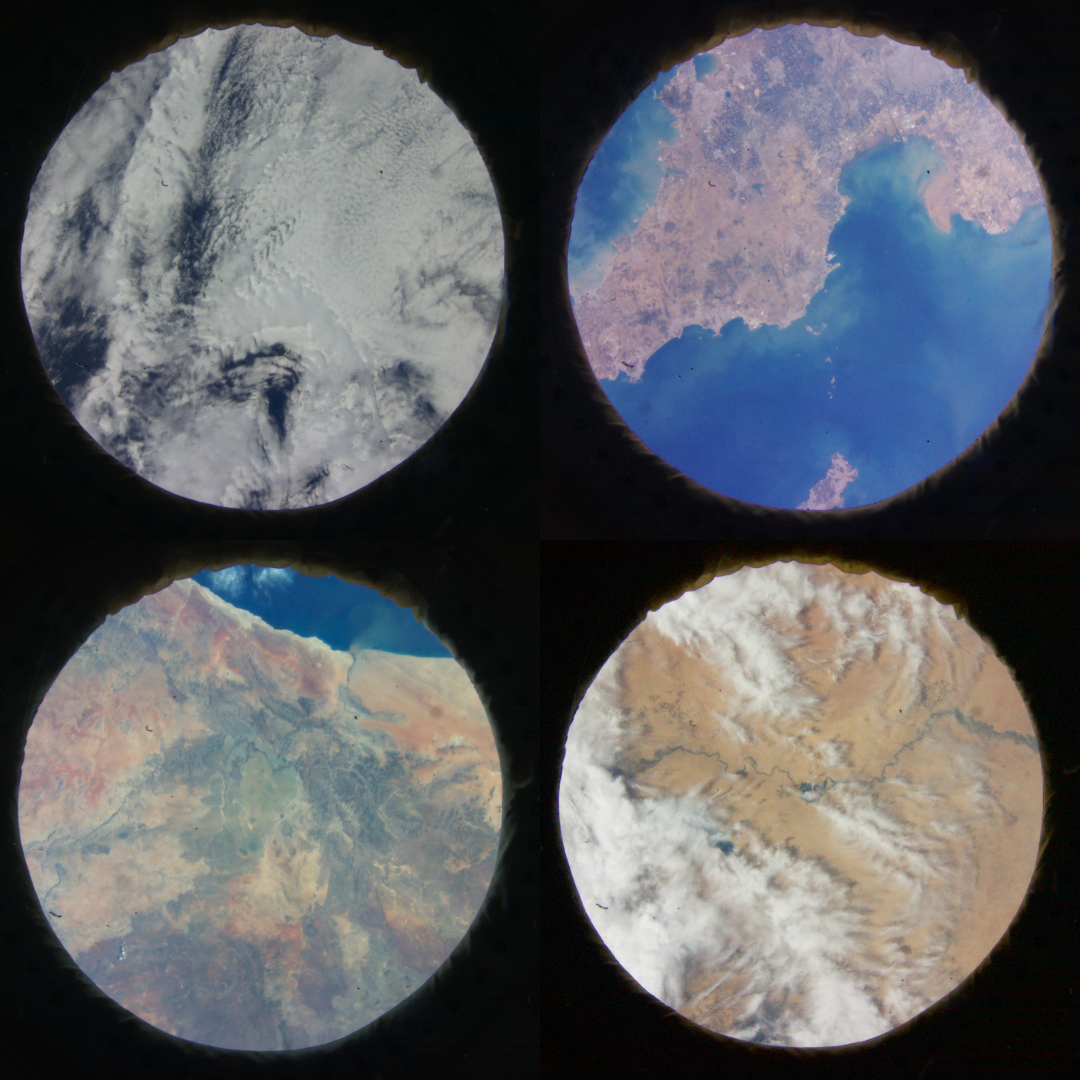
Mission Zero: Inspiring coding, creativity, and inclusion
Mission Zero reached more young people than ever before in 2024/25, with 25,405 young people participating in 17,285 teams. After passing the rigorous testing and moderation processes, an amazing 17,109 teams (25,210 young people) were successful in getting their programs to run on the ISS.
One of the great things about Mission Zero is that we see a good gender balance in participation. This year, 44% of participants identified as “female” and 4% as “prefer to self-describe”, “prefer not to say”, or “other”. This means that Mission Zero has achieved a more balanced gender representation than is typically seen in computing subjects, where the ratio is around 20:80 girls to boys.
Mission Space Lab: More teams have their programs run in space
Mission Space Lab gives young people the opportunity to calculate the speed of the ISS in orbit using sensor and camera data collected from the Astro Pis on board the ISS. This year, 1859 young people in 552 teams participated in Mission Space Lab. Notably, 309 Mission Space Lab teams, or 95% of submissions, ran their programs on the ISS and are now analysing the data they collected. That’s 73 more teams achieving flight status than in 2023/24, and a total of 1084 young people receiving unique data sets from space and certificates.
Running a program in space is very different from testing it on the ground. It’s always interesting to see how well your program has performed and how accurate the final output is. Below, you can see a scatter graph of the team estimates produced by their programs. The actual speed of the ISS is no secret: it’s travelling about 7.67 kilometres per second. How have teams performed with the ISS speed task?

Inspiring and impactful
Another highlight from this year has been seeing how impactful participation can be for young people and mentors facilitating the activity. We receive lots of valuable feedback from the Astro Pi community each year, and it’s always heartwarming to hear what your experience has been and how we can improve the challenge. Here are a couple of quotes from the community who took part this year:
Mission Zero mentor: “Having their programs run in space really motivated them to take part because it was an exciting reward and something they wanted to talk about with their friends.”
Parent of a Mission Zero participant: “I was completely inexperienced in Python, but easily managed to help my 7-year-old.”
More Code Clubs participating in 2024/25
It has been great to see lots of Code Clubs taking part in Astro Pi this year, both for Mission Zero and Mission Space Lab. This year, 986 young people from 700 teams did Mission Zero at their Code Club: that’s double the number from 2023/24. Plus, 43 Mission Space Lab teams from Code Clubs took part. That’s 143 young people, or almost double the number compared to the year before.
We ran two code-alongs for the Code Club community this year, and it is encouraging to see increases for both missions. We will continue to support young people from all settings who want to take part in Astro Pi next year, whether it’s at school, Code Club, or other venues.

Conclusion
In summary, it’s been a great year for Astro Pi. We’ve reached lots of young people through the challenge, met many inspiring mentors, and seen some really positive trends. Plus, all the operations on the space station that make Astro Pi possible went smoothly: when you are running programs in space, that isn’t always the case!
None of it would have been possible without the tireless efforts of the teachers, mentors, and educators who help run Astro Pi in your communities. From everyone here at Mission Control, thank you.
If you’d like to tell us how we can provide more support to help you run Astro Pi, please email contact@astro-pi.org.
We’ll be back for more stellar space adventures in coding in September 2025.


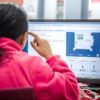
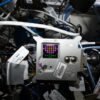
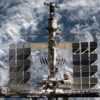
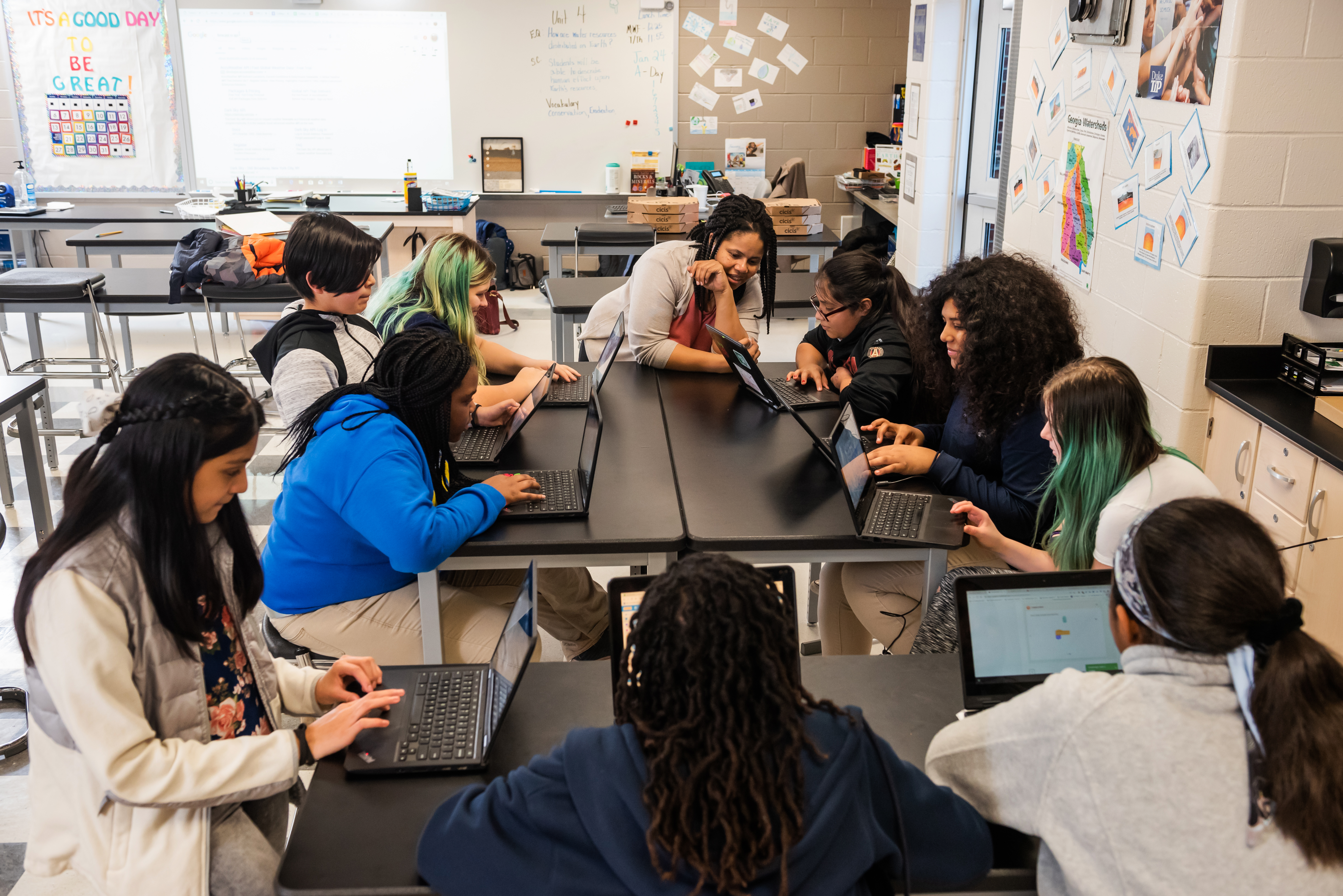
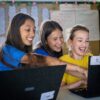
No comments